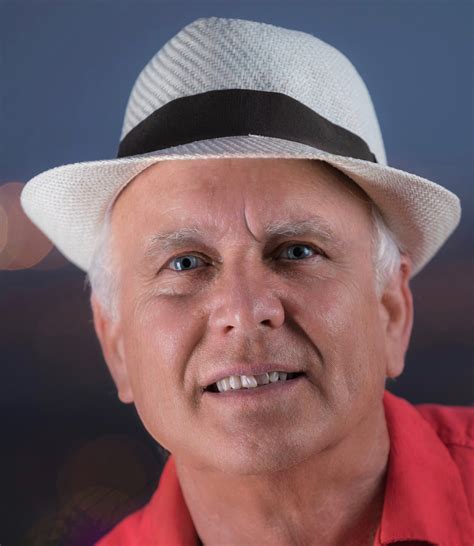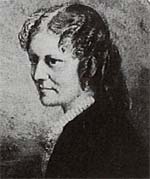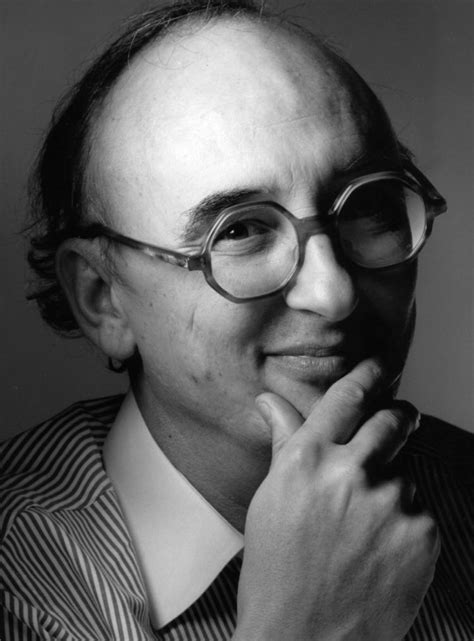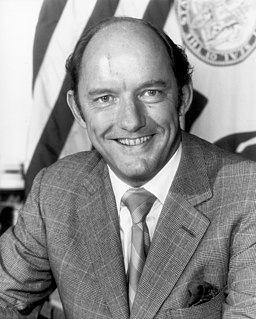A Quote by Edward Coke
So use your own property as not to injure that of another.
Related Quotes
A product of your life and liberty is your property. Property is the fruit of your labor, the product of your time, energy, and talents. It is that part of nature that you turn to valuable use. And it is the property of others that is given to you by voluntary exchange and mutual consent. Two people who exchange property voluntarily are both better off or they wouldn't do it. Only they may rightfully make that decision for themselves.
I must say...that more unmanly, brutal treatment of a little pony it was never my painful lot to witness; and by giving way to such passion, you injure your own character as much, nay more, than you injure your horse, and remember, we shall all have to be judged according to our works, whether they be towards man or towards beast.
I understood when I was just a child that without water, everything dies. I didn't understand until much later that no one "owns" water. It might rise on your property, but it just passes through. You can use it, and abuse it, but it is not yours to own. It is part of the global commons, not "property" but part of our life support system.
I want everyone to keep the property that he has acquired for himself according to the principle: benefit to the community precedes benefit to the individual. But the state should retain supervision and each property owner should consider himself appointed by the state. It is his duty not to use his property against the interests of others among his own people. This is the crucial matter. The Third Reich will always retain its right to control the owners of property.
But if we are to retain freedom, then we can only do so by keeping the determining mass of the citizens the possessors of property with personal control over it, as individuals or as families. For property is the necessary condition of economic freedom in the full sense of that term. He that has not property is under economic servitude to him who has property, whether the possessor of it be another individual or the State.
We are the heirs of the ages; but the estate is entailed, as large estates frequently are, so that while we inherit the earth, the great round world which is God's footstool, we have only the use of it while we live and must pass it on to those come after us. We hold the property in trust and have no right to injure it or to lessen its value. To do so is dishonest, stealing from our heirs their inheritance.
As property, honestly obtained, is best secured by an equality of rights, so ill-gotten property depends for protection on a monopoly of rights. He who has robbed another of his property, will next endeavor to disarm him of his rights, to secure that property; for when the robber becomes the legislator he believes himself secure.
Legislators cannot invent too many devices for subdividing property... Another means of silently lessening the inequality of property is to exempt all from taxation below a certain point, and to tax the higher portions of property in geometrical progression as they rise. Whenever there is in any country, uncultivated lands and unemployed poor, it is clear that the laws of property have been so far extended as to violate natural right.


































